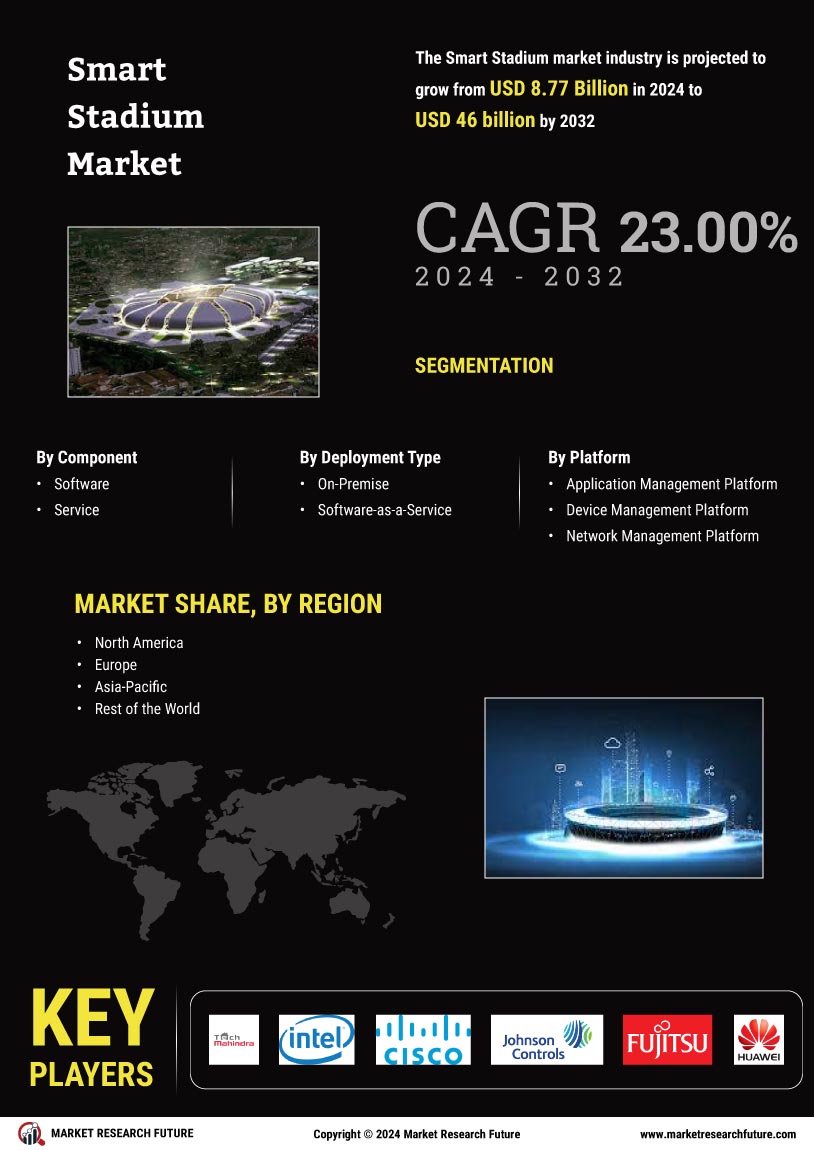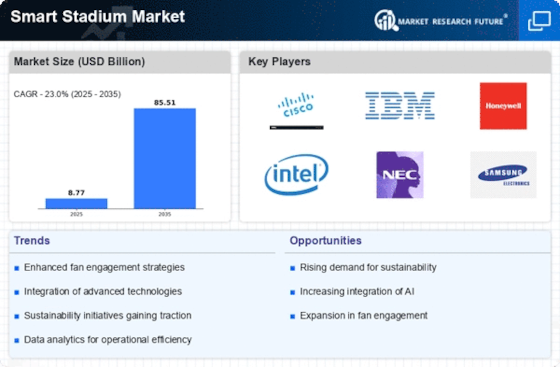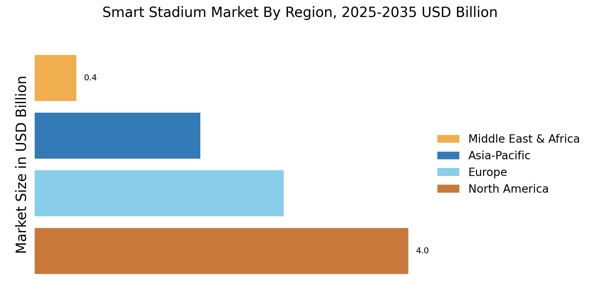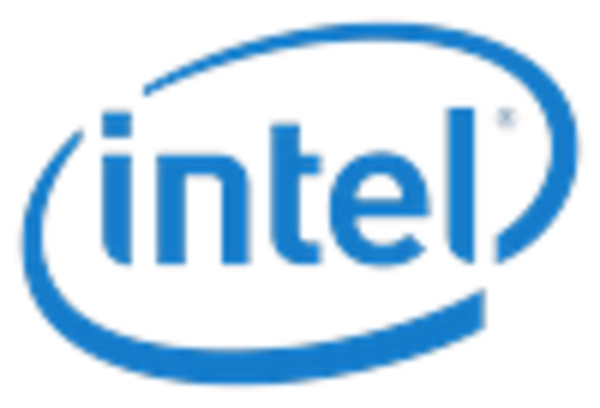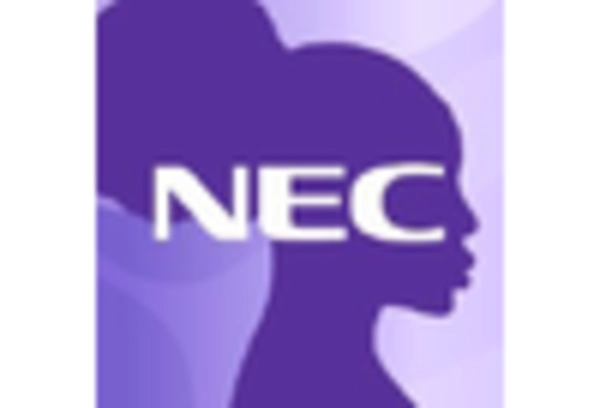Technological Advancements
The Smart Stadium Market is experiencing a surge in technological advancements that enhance the overall spectator experience. Innovations such as augmented reality, high-speed Wi-Fi, and mobile applications are becoming integral to stadium operations. These technologies facilitate real-time engagement, allowing fans to access information, view instant replays, and interact with the venue in unprecedented ways. According to recent estimates, the integration of advanced technologies in stadiums is projected to increase operational efficiency by up to 30%. This trend not only improves fan satisfaction but also drives revenue growth through enhanced advertising opportunities and merchandise sales. As a result, the Smart Stadium Market is likely to witness substantial investments in technology, further propelling its expansion.
Enhanced Data Analytics Capabilities
The Smart Stadium Market is increasingly leveraging data analytics to optimize operations and enhance the fan experience. By collecting and analyzing data from various sources, including ticket sales, social media interactions, and in-stadium behavior, operators can make informed decisions that drive engagement and revenue. The use of predictive analytics allows stadiums to anticipate fan needs, tailor marketing strategies, and improve service delivery. Market Research Future indicates that organizations utilizing advanced data analytics can achieve a revenue increase of up to 25%. This capability not only enhances operational efficiency but also fosters a more personalized experience for fans, making it a crucial driver in the Smart Stadium Market.
Increased Focus on Safety and Security
Safety and security concerns are paramount in the Smart Stadium Market, particularly in light of rising global threats. Stadiums are increasingly adopting advanced surveillance systems, crowd management technologies, and emergency response protocols to ensure the safety of attendees. The implementation of biometric screening and facial recognition systems is becoming more prevalent, enhancing security measures while streamlining entry processes. Market data suggests that investments in security technologies within stadiums are expected to grow significantly, with projections indicating a compound annual growth rate of over 10% in the coming years. This heightened focus on safety not only protects fans but also fosters a sense of trust and loyalty, which is essential for the long-term success of the Smart Stadium Market.
Growing Demand for Sustainable Practices
Sustainability is emerging as a critical driver in the Smart Stadium Market, as stakeholders increasingly prioritize eco-friendly practices. Stadiums are adopting green building standards, utilizing renewable energy sources, and implementing waste reduction strategies to minimize their environmental impact. The trend towards sustainability is not merely a response to regulatory pressures; it is also driven by fan expectations and corporate responsibility initiatives. Recent studies indicate that nearly 70% of fans prefer attending events at venues that demonstrate a commitment to sustainability. This shift is prompting stadium operators to invest in sustainable technologies, which could lead to a reduction in operational costs by up to 20%. Consequently, the Smart Stadium Market is likely to see a rise in the adoption of sustainable practices, aligning with broader environmental goals.
Rising Popularity of Esports and Virtual Events
The Smart Stadium Market is witnessing a notable shift with the rising popularity of esports and virtual events. As traditional sports venues adapt to accommodate esports tournaments, they are transforming into multifunctional spaces that cater to diverse audiences. This trend is driven by the increasing viewership and participation in esports, which has seen exponential growth in recent years. Stadiums are investing in state-of-the-art broadcasting technologies and immersive experiences to attract esports fans, thereby expanding their market reach. Data suggests that the esports market is projected to surpass 1 billion dollars in revenue, creating new opportunities for stadium operators. This evolution not only diversifies the offerings within the Smart Stadium Market but also positions venues as versatile hubs for entertainment.
